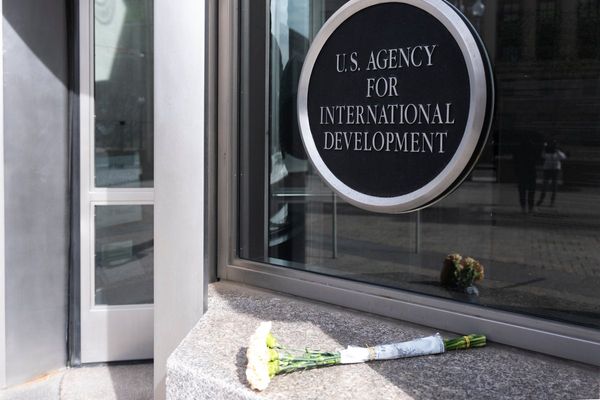
The issue
We are heading towards a climate catastrophe. Unless we stop emissions rising by 2025, a 1.5-degree temperature rise is unavoidable. Neither major party has the policy to achieve this.
Why is it an issue?
Labor and the Coalition are trying to “end the climate wars” which have been so politically toxic and led to a stagnant approach to emissions reduction over the past decade.
What the parties are offering
After months of wrangling with the Nationals, and at the cost of billions in regional boondoggles (some of which will boost emissions), late last year Scott Morrison’s government committed Australia to net zero emissions by 2050.
But before the deal was reached, the government avoided any change to the medium-term emissions reduction target of 26% to 28% below 2005 levels by 2030. The Morrison plan to reduce emissions is, to quote his team line, through “technology not taxes”. It’s also very heavy on spin over substance.
It aims to reach the target through existing technologies in its roadmap — solar, wind, clean hydrogen and carbon capture and storage (which probably doesn’t work). But that will get Australia only 85% of the way to net zero; the other 15% relies on technologies which haven’t been invented.
Labor leader Anthony Albanese is promising a 43% reduction in emissions by 2030, a whole 2% less ambitious than the plan his predecessor Bill Shorten took to voters in 2019. It came with a forecast for renewables to make up 82% of electricity by 2030, and EVs to dominate the new car market.
But in an election to be fought over cost of living, and both leaders’ vibes, there’s little focus on the greatest existential challenge facing humanity. Morrison made no mention of climate or net zero in his press conference launching the election campaign. Albanese spent a bit more on his plan to turn Australia into a “renewable energy superpower” with cheaper electricity and more jobs.
Discussion
Another telling remark Albanese has returned to a few times over the past week is his promise to “end the climate wars”.
Sometimes we get so caught up in the day to day it’s easy to forget just how much of the instability that has afflicted Australian politics over the past decade is linked back to climate and the transition from fossil fuels.
Climate effectively ended Malcolm Turnbull’s leadership twice. It’s the reason Barnaby Joyce returned from the dead to lead the Nationals — promising to fight net zero. And it’s a particularly painful issue for Labor. The party has to walk a tightrope between a shrinking, blue-collar support base who’ve lived off the fossil fuel industry for generations, and the desperate need to abandon coal in a heating world.
In 2019, perceptions that Labor’s climate policy would destroy the mining sector contributed to its electoral failure across central and north Queensland. Before the 2013 election, Tony Abbott very effectively convinced voters Labor’s carbon tax, arguably the most successful piece of emissions reduction legislation we’ve had, would destroy livelihoods.
It’s that political reality that explains Labor’s commitment to support new coal mines, in lockstep with the Coalition
The debate around climate has evolved in 2022 in the sense that the Coalition is on board with net zero, and won’t be making absurd statements about electric vehicles “ending the weekend”.
But the main impulse for that shift has been solving a political problem, not lowering emissions.







